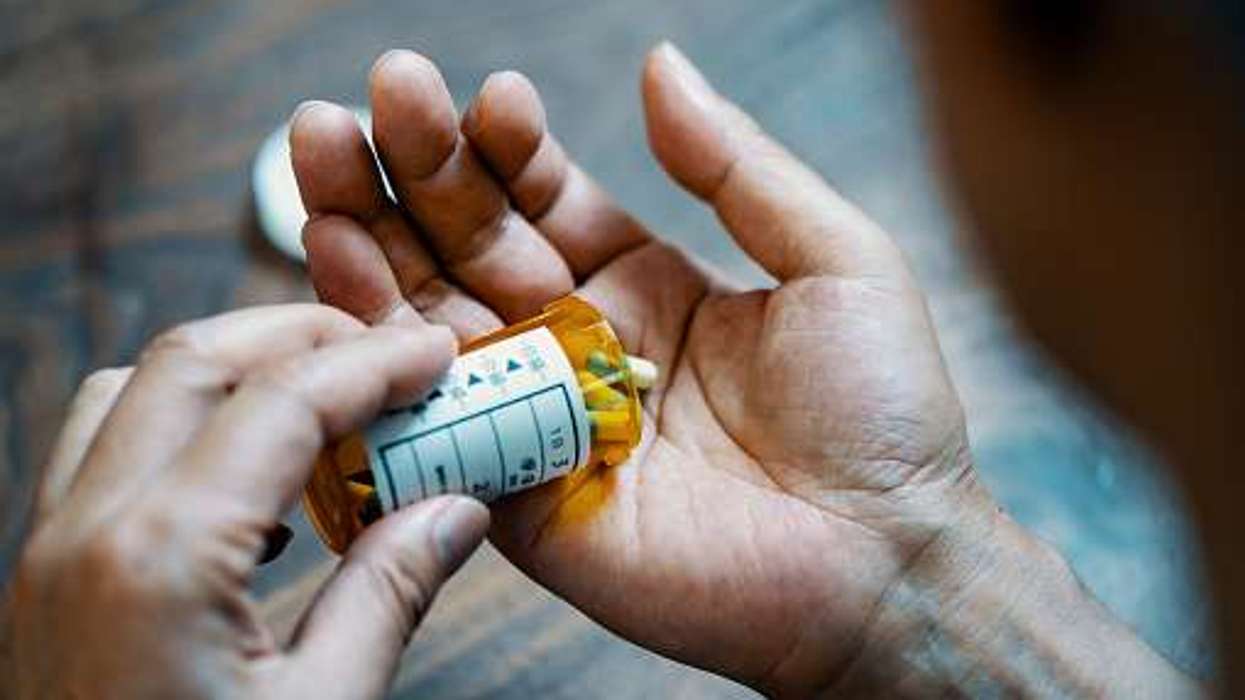The NIHR annual report for 2023/24 highlights the significant impact of research on improving health outcomes and addressing health inequalities
The Department of Health and Social Care (DHSC) has published the NIHR’s annual report and accounts for 2023/24, highlighting a 4.2 per cent increase in total domestic research spending from the previous year.
This increase has allowed the NIHR to improve investments in research funding, infrastructure, and training and career development initiatives.
Additionally, the report showcases various research projects that are having a significant impact on people’s lives now and in the future.
Professor Lucy Chappell, Chief Scientific Advisor at DHSC and Chief Executive of the NIHR, expressed gratitude to all who have contributed to NIHR research over the past year.
She stated: “This annual report spotlights where NIHR research has made a tangible difference to people’s health outcomes and has contributed to tackling health inequalities.
“Through our partnership working, in 2024/25 and beyond, we will continue to ensure that research will be playing its part in driving the Government’s Health and Growth Mission to build a health and care system fit for the future.”
Noteworthy achievements from the past year include:
- An innovative new £42m prostate cancer screening trial, co-funded with Prostate Cancer UK.
- The NIHR-funded CAP-IT trial, which redefined antibiotic use in young children with pneumonia, reducing treatment duration from seven to three days without delaying recovery.
- Support from the NIHR Clinical Research Network for the recruitment of 44 first participants to global studies, and to 558 commercial international studies overall in 2023/24, representing an increase in both measures compared to 2022/23.
- The NIHR Academy’s launch of new schemes to demonstrate the benefits that research to registered healthcare, social work, and public health students.
- The introduction of the first NIHR ‘Challenge’ funding call, which will invest £50 million in research to tackle inequalities in maternity care.
- A large-scale DNA and health research programme for children aimed at exploring the genetics of diseases that begin, or have their origins, in childhood.
- Approval by the UK Government for the use of digital pathology to expedite cancer screening sample analyses, following results from an NIHR-funded study.
- The licensing of Anastrozole, a hormone blocker for breast cancer treatment, for preventative use, marking the first drug repurposed under the new multi-agency Medicines Repurposing Programme.
The NIHR makes a difference to people's lives through four key themes: Impact, Innovation, Inclusion and Investment.













